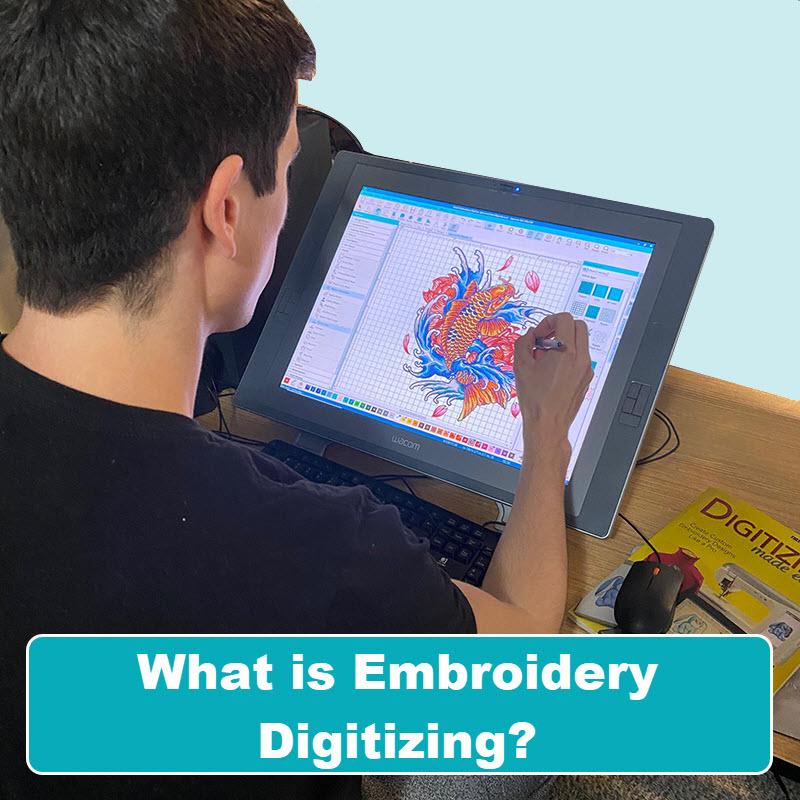Beneath the vibrant tapestry of African skies,where the symphony of languages dances and the colors of cultures intertwine,lies a pulsating heart of commerce—the African market. These vibrant marketplaces, as old as the continent itself, are more than mere trading grounds; they are swirling vortexes of human interaction, a kaleidoscope of goods and services, and a testament to the indomitable spirit of African entrepreneurship.
– Empowering African Women: Fostering Economic Resilience through Market Participation
Table of Contents
- 1 – Empowering African Women: Fostering Economic Resilience through Market Participation
- 2 – digitizing African Markets: Leveraging Innovation for Inclusive Growth
- 3 – Integrating African Markets: Building Bridges for Regional Prosperity
- 4 – Sustainable African Markets: Balancing Economic Development and Environmental Stewardship
- 5 Final Thoughts
African markets are vibrant and bustling centers of commerce, where women play a vital role in economic activity. These markets are not only places for buying and selling goods; they are also social hubs where women connect, share knowledge, and build community.
By participating in markets, African women contribute significantly to their families’ incomes and to the overall economy. They are often the primary providers of food, clothing, and other basic necessities for their families. In addition, they play a role in shaping the local economy by influencing the prices of goods and services.
– digitizing African Markets: Leveraging Innovation for Inclusive Growth
The african continent is home to a rapidly growing population of over 1.4 billion people, with a large and diverse youth population. The continent has a wealth of natural resources, including minerals, oil, gas, and agricultural products. Though, Africa is also facing a number of challenges, including poverty, inequality, unemployment, and political instability.
Digitization is seen as a key tool for addressing these challenges and unlocking the continent’s economic potential. Digital technologies can improve access to education, healthcare, financial services, and markets. They can also boost productivity and innovation, and create new jobs. A number of African countries are already making progress in digitizing their economies. Such as, Kenya has developed a mobile money system that has revolutionized financial inclusion in the country. Rwanda has invested heavily in facts and communications technology (ICT) infrastructure,and is now a leader in the region in terms of digital literacy.
| Country | Initiative | Impact |
|—|—|—|
| Kenya | M-Pesa | Increased financial inclusion |
| Rwanda | Broadband rollout | Improved digital literacy |
| Nigeria | e-commerce platform | Increased access to goods and services |
| South Africa | Innovation hub | Supported the growth of new digital businesses |
| Ethiopia | Digital ID system | Improved government efficiency |
– Integrating African Markets: Building Bridges for Regional Prosperity
Economic Interdependence and Growth:
Integrating African markets creates a larger economic pie for all participating nations. By removing barriers to trade and investment, businesses can access a broader consumer base, leading to increased production, revenue, and job creation. Additionally, regional integration fosters cooperation among countries, promoting economic stability and reducing vulnerability to external shocks.
knowledge and Innovation Exchange:
An integrated African market facilitates the sharing of knowledge,ideas,and best practices across borders.This exchange fosters innovation and technological advancements.Such as,countries with expertise in agriculture can share their no-how with others facing food security challenges,leading to enhanced productivity and food security for the region as a whole. Similarly, integration encourages the progress of joint research and development initiatives, driving economic growth and competitiveness.
– Sustainable African Markets: Balancing Economic Development and Environmental Stewardship
Preserving Nature’s Bounty for Future Generations
Striking a harmonious balance between economic progress and environmental protection is crucial for sustainable African markets.Governments and businesses must prioritize the implementation of eco-pleasant practices to mitigate the harmful effects of unrestrained growth. This includes investing in renewable energy sources, reducing carbon emissions, and promoting responsible land use. By embracing sustainable practices, African markets can not only attract investment but also ensure the well-being of present and future generations.
Fostering Local Partnerships for Sustainable Growth
Collaboration is key to achieving sustainable African markets. Partnerships between local businesses,communities,and governments can effectively address environmental concerns and promote economic development. Joint initiatives can focus on waste management, community clean-ups, and educational programs to raise awareness about responsible consumption. By working together, stakeholders can create thriving markets that prioritize environmental integrity alongside economic prosperity.
Final Thoughts
As we traverse the vibrant tapestry of African markets, it becomes evident that these bustling spaces are more than mere avenues for trade; they are living chronicles of culture, creativity, and community.From the spirited exchanges of local artisans to the aromatic stalls brimming with spices, fresh produce, and handcrafted goods, each market tells a unique story that reflects the rich diversity of the continent.
In an age of globalization, the resilience and innovation found in African markets serve as a testament to the deep-rooted traditions that continue to thrive amid rapid change. They embody the spirit of entrepreneurship and the enduring connections forged between sellers and their communities.As we conclude our exploration, let us carry forward an appreciation for these vibrant hubs, recognizing their vital role in not only the economic fabric of Africa but in the social and cultural narratives that shape its identity.
In a world increasingly driven by technology and digital transactions, the heart and soul of African markets remind us of the importance of human connection, creativity, and sustainability. As we look to the future,may these markets continue to flourish,inspiring generations and inviting the world to experience the richness they have to offer.



